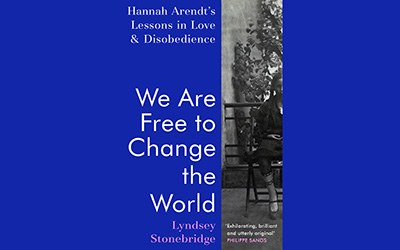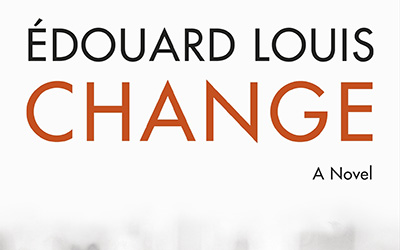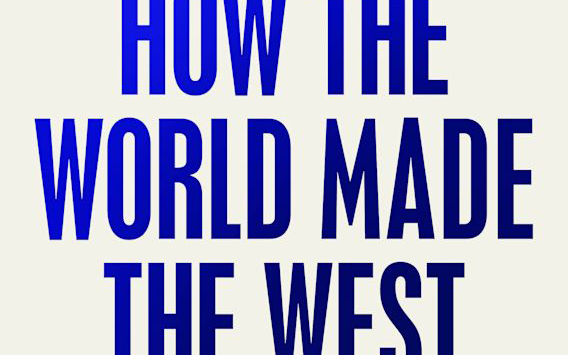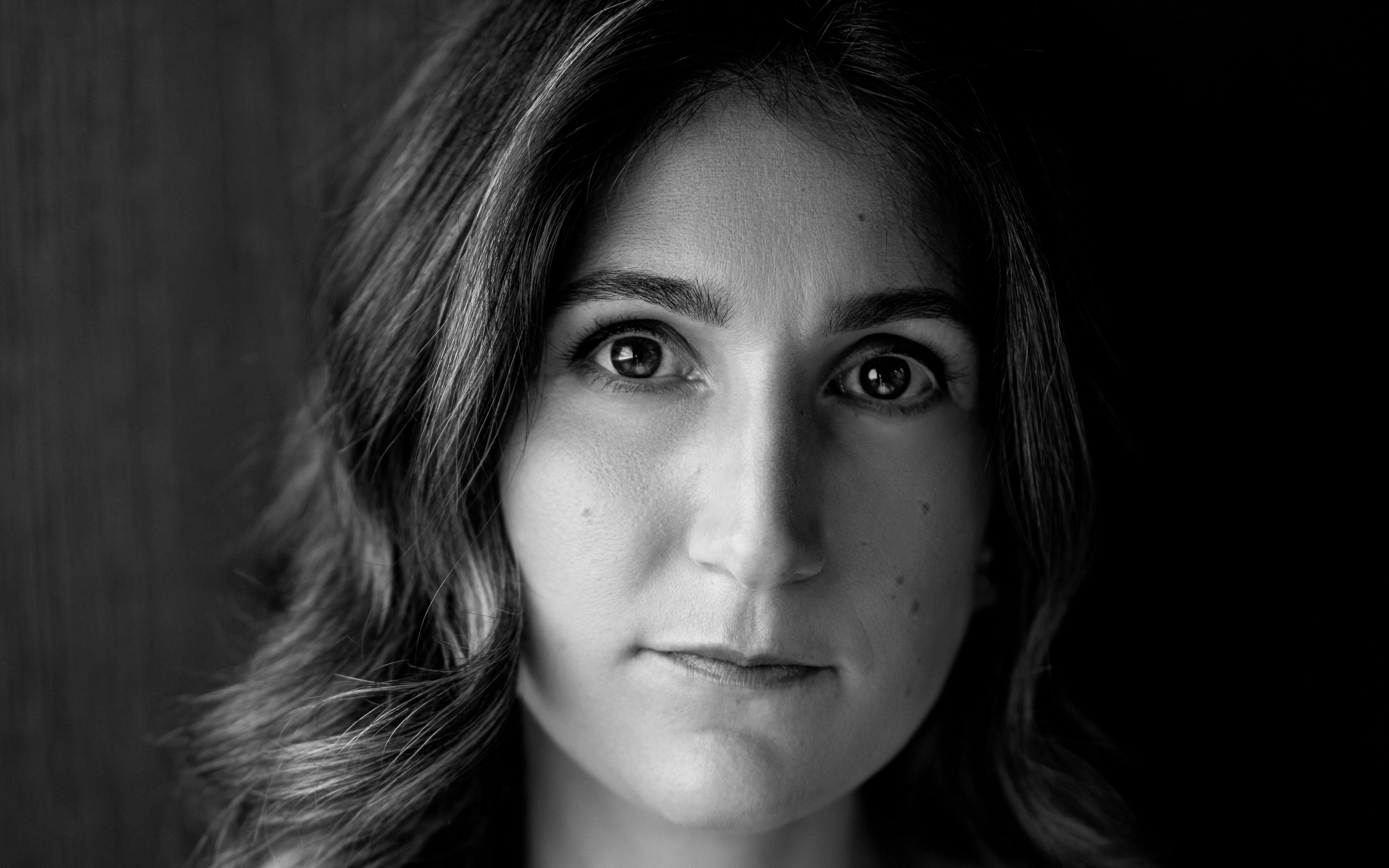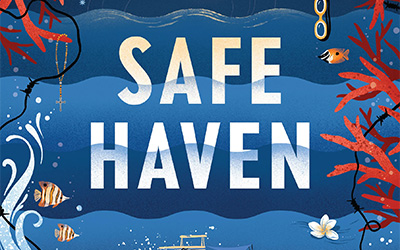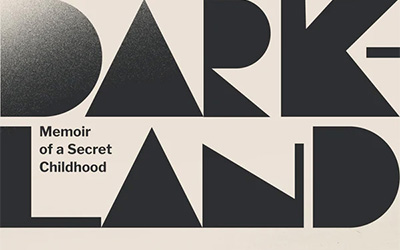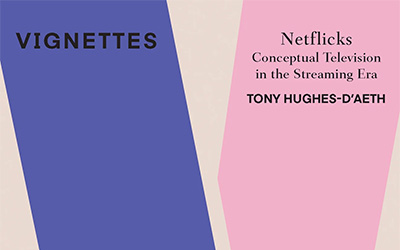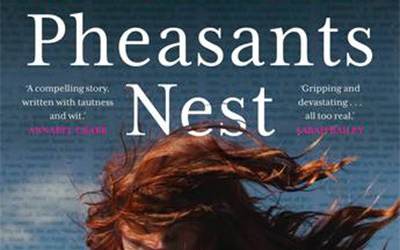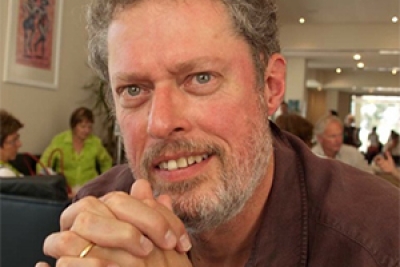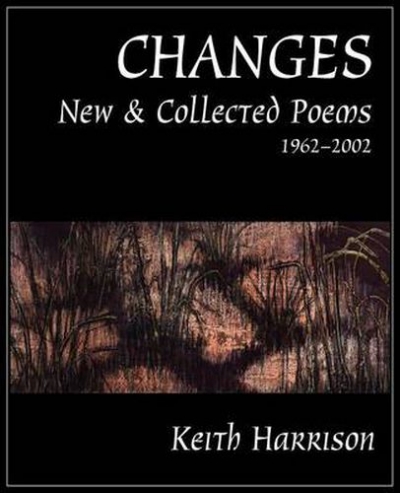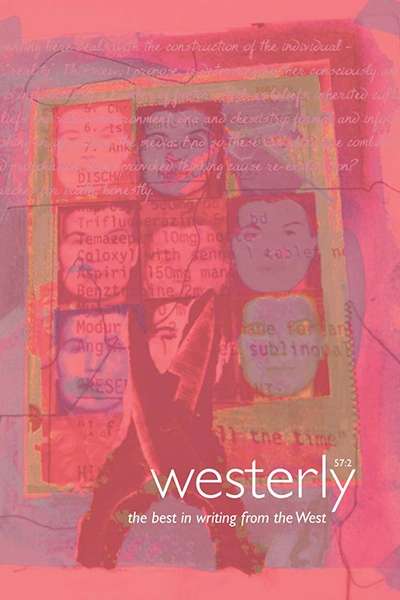Decolonising has reached the classics. Complexity, diversity, and entanglement are in. Greece and Rome are, well, out. The movement to ‘reclaim’ Antiquity began with noble aims: to emancipate the ancients from the prism of politics and war through which we like to see them, to emphasise the role of technology and trade in their lives, and to make women and people of colour visible among them again. Alas, decolonisation all too often seems to have descended into ugly arguments over restitution of artefacts (Elgin marbles, anyone?) or the skin shade of this or that Roman notable (Septimius Severus or St Hadrian of Canterbury, for example). Books such as Josephine Quinn’s are the sensible, balancing side of the equation, an antidote to so much virtue signalling and grievance mongering. Quinn’s is an ancient world decentred – provincialised, to invoke Dipesh Chakrabarty’s celebrated term. Greece and Rome remain, but must jostle with others for attention, space, and significance. The argument is simple. Antiquity was far more multipolar, dynamic, and integrated in reality than in the civilisational – and, indeed, civilising – narratives that Europeans since Petrarch have been telling themselves about it.





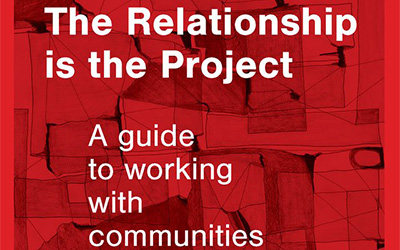
-FEAT.png)
